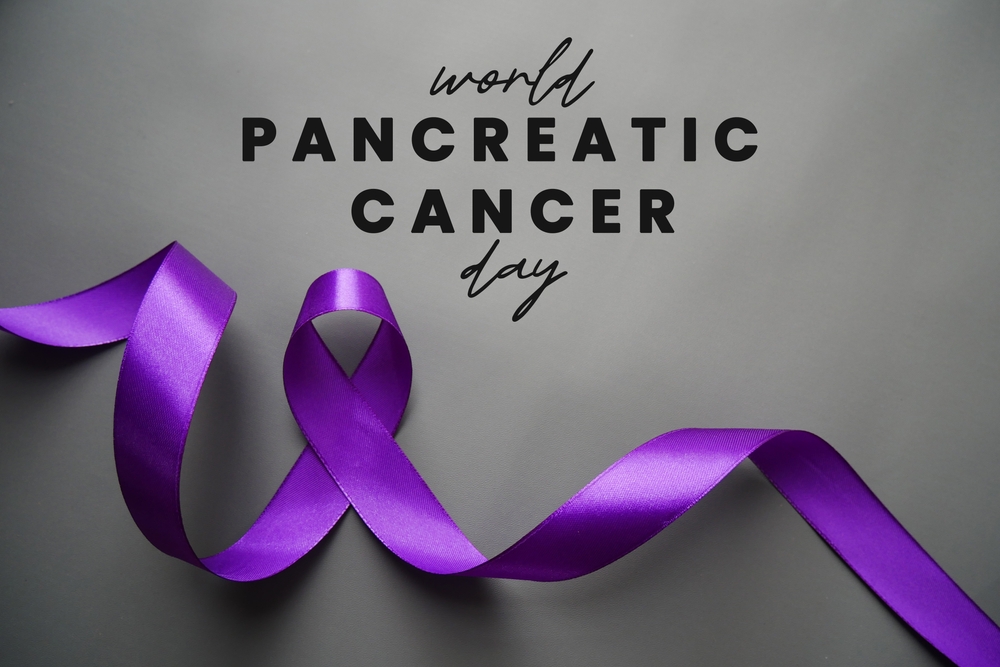
We have been independently ranked among the top medical negligence solicitors in England and Wales*. For a free consultation with a member of our specialist team about pancreatic cancer on a no win no fee basis, call us on 0333 888 0412 or send an email to [email protected] and we will respond to you immediately.
Pancreatic cancer and medical negligence
We take a look at pancreatic cancer negligence. For further guidance contact our free medical accident helpline by calling us on 0333 888 0412 or emailing brief details of your case to us in complete confidence at [email protected]
What is pancreatic cancer
Pancreatic cancer is a cancer that is found anywhere in the pancreas. The cancer develops when the cells in the pancreas grow, forming a tumour. 7 in 10 people with pancreatic cancer never receive treatment and more than half of those people die within 3 months of diagnosis. It is also predicted that diagnoses will go up by 5% between 2023 and 2025, so it is important that symptoms are noticed as soon as possible.
Symptoms
After reading survivors stories of this type of cancer, it is clear that symptoms do not always present. Some of the symptoms of pancreatic cancer include;
- The whites of your eyes, or your skin turns yellow.
- Itchy skin
- Pale poo
- Feeling tired or having no energy.
- Loss of appetite, or unexplained weight loss.
- A high temperature
There can be symptoms that affect your digestion, such as;
- Diarrhoea or constipation
- Pain in the top of your tummy and your back, which feels worse when you are eating or lying down.
- Feeling nauseous or vomiting.
- Bloating
Causes of pancreatic cancer
It is most common for people over the age of 65 and is not common in people under 40 to be diagnosed with pancreatic cancer. It is also more common in people that have a family history of the condition or have certain medical conditions such as chronic pancreatitis.
Treatment
The treatment for pancreatic cancer will depend on the size and type of it, where it is and if it has spread. Depending on how early the cancer is found will depend on if surgery is an option. If the cancer is found and can be treated with surgery, the 5-year relative survival rate is 44%, however only 12% of people are diagnosed at this stage.
Other forms of treatment include;
- Chemotherapy
- Radiotherapy
- Supportive care
The importance of diagnoses
Pancreatic cancer has been left behind a little in terms of symptoms being acknowledged, referrals being made, and lives being saved. Due to the symptoms being very vague, GPs are not referring people for relevant scans. This is leading to people being diagnosed late, resulting in them not being able to have treatment and it being too late to save them. Unfortunately, 80% of people with pancreatic cancer are diagnosed too late.
Pancreatic cancer negligence claims
Late diagnoses for pancreatic cancer are so common now that the Pancreatic Cancer UK Charity has set up a campaign called #MISSED, which is for all the people whose symptoms were missed and aims to ensure that more people are diagnosed earlier.
A track record of success
We are proud of our track record of success in pursuing cancer negligence cases.
You can read about some of our other successes on this website including a successful ovarian cancer claim and a successful lung cancer negligence claim.
Our top rated solicitors are highly experienced in this area of law, and have a very sensitive approach designed to make the process as easy as possible.



